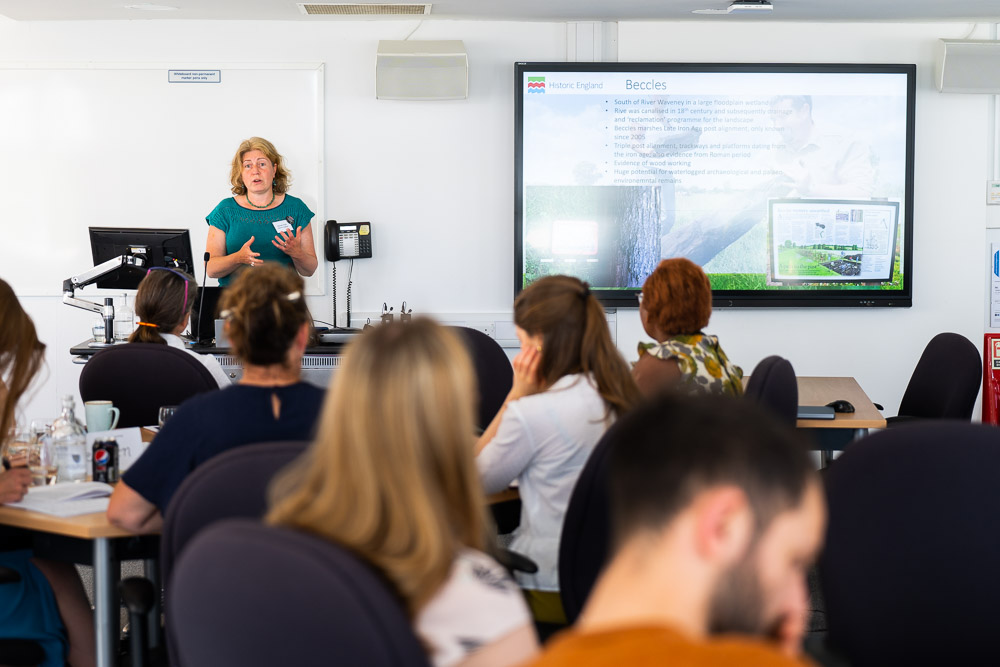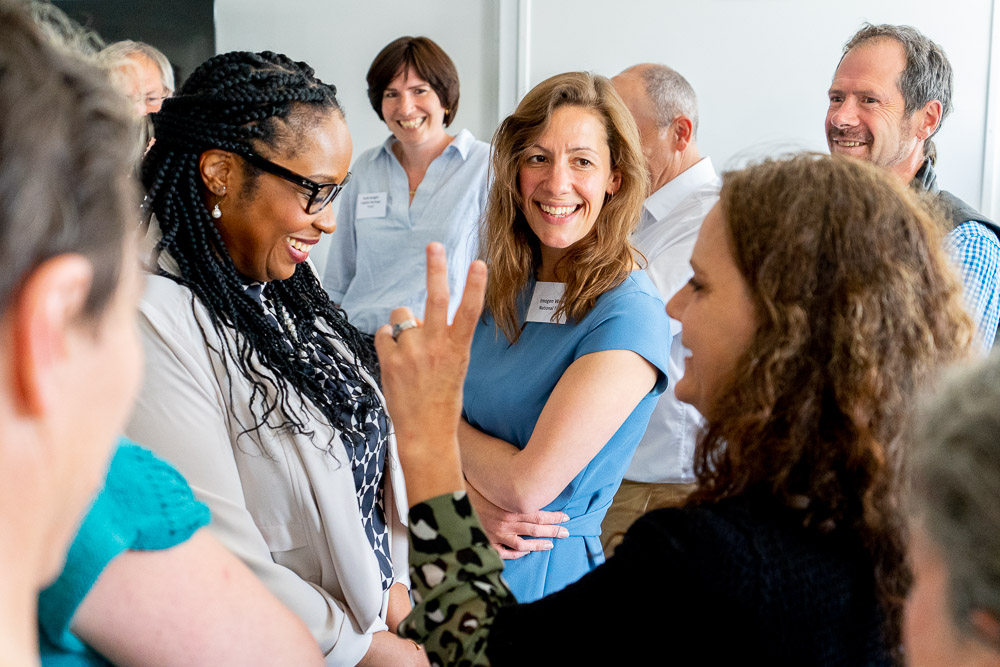Climate Adaptation for Heritage
Countries / Regions
United Kingdom (England)
Partners
Historic England, National Trust
Funders
University of Reading
Timescale
Project Team
Prof. Rosalind Cornforth, Walker Institute, University of Reading; Dr Elena Saggioro, Walker Institute, University of Reading; Dr Hannah Fluck, National Trust, formerly Historic England; Kate Guest, Historic England; Dr Jen Heathcote, Historic England; Imogen Wood, National Trust.
Background
The heritage sector faces a range of risks because of climate change and responding to them is becoming critical to the sector’s sustainability. Recognising these risks, the Climate Heritage Network (CHN) was established in 2019 as a mutual support network to support communities to tackle climate change. Understanding the value of heritage globally and locally, Walker Institute has partnered with Historic England, the government’s statutory adviser on the historic environment and a member of the CHN, to address gaps in climate risk assessment and response in the sector. By working together, we aim at co-developing climate adaptation planning tools and techniques to support and inform future heritage sites management – preserving our historic environment and the insights to the past they can convey in a complex and changing environment.


Our Research
Decision-makers working with heritage at risk of climate change face the challenge of developing adaptation plans under deep uncertainty, since the timing and magnitude of future changes to climate hazards remains unknown. Furthermore, they are faced with the task of reconciling scenario-based climate projections (top-down) with context-specific resilience building efforts (bottom-up) to produce effective adaptation strategies.
To meet these challenges, our project is developing a decision-making tool that helps identify ‘no-regret’ short-term actions and maps out future options. An important aspect is to represent the perspectives of multiple stakeholders, thereby also encouraging dialogue and identification of competing objectives.
Our focus is on waterlogged archaeology in the East of England, which have high potential for unique ancient remains preserved by the special waterlogged conditions, but increasingly threatened by changes to their water and soil geochemistry, exacerbated by climate change and in a dynamical relationship with local communities and affected by local water and land management practices.
Our Research
Decision-makers working with heritage at risk of climate change face the challenge of developing adaptation plans under deep uncertainty, since the timing and magnitude of future changes to climate hazards remains unknown. Furthermore, they are faced with the task of reconciling scenario-based climate projections (top-down) with context-specific resilience building efforts (bottom-up) to produce effective adaptation strategies.
To meet these challenges, our project is developing a decision-making tool that helps identify ‘no-regret’ short-term actions and maps out future options. An important aspect is to represent the perspectives of multiple stakeholders, thereby also encouraging dialogue and identification of competing objectives.
Our focus is on waterlogged archaeology in the East of England, which have high potential for unique ancient remains preserved by the special waterlogged conditions, but increasingly threatened by changes to their water and soil geochemistry, exacerbated by climate change and in a dynamical relationship with local communities and affected by local water and land management practices.

Our Impact
Kick starting the project, a participatory workshop was convened with multiple organisations interested in protecting heritage and landscapes threatened by the changing climate: in particular, ancient wetlands. The workshop enabled the Walker Institute and partners to facilitate dialogue around possible adaptation strategies with a range of experts and practitioners from across the heritage and environment sectors. It helped establish a new community of practice and a shared understanding of how we could harness the latest science on climate risk to provide technical support to the management of the sites now and into the future.
“What really struck me [about the approach] was its facility in bringing diverse stakeholder perspectives to bear upon a particular issue, be it site management, policy framework, or wider strategic direction, and to allow those perspectives to be couched in the wider context of ‘uncertainty’, in this case climatic change and drought.” – Workshop participant
The outcomes of the workshop are the subject of a peer-reviewed perspectives article (in process, autumn 2022). The novel approach piloted at the workshop is being put into practice at Wicken Fen in Cambridgeshire: a National Trust (NT) nature reserve and a heritage site of great archaeological potential where NT partners are keen to take the next step together with other critical stakeholders.
Workshop Report


